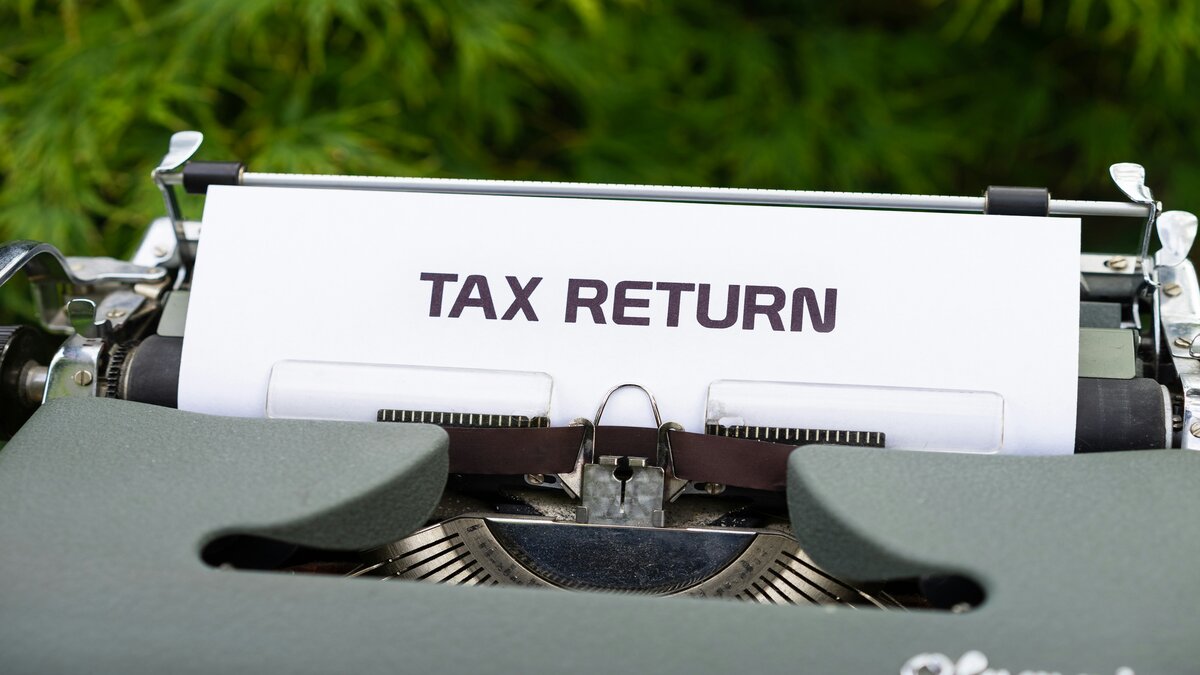Home Podcast
The Savings Tip Jar
Savings.com.au's Dom and Harrison discuss the latest Australian financial news and speak with special guests from leading financial institutions, picking their brain on the latest talking points in the economy and personal finance.
Listen to the latest episode
Watch the latest episode
Catch up on past episodes
Savings Tip Jar Articles

Warren Hogan: Mortgage holders should only expect 'another rate cut or two'
After Tuesday's shock hold from the RBA, one of Australia's leading economists believes mortgage holders still expecting a series of forthcoming rate cuts will likely be disappointed, and that the consequences of too many cuts could "devastate" the nation.
 Harry O'Sullivan
Harry O'SullivanTwo in three not confident managing finances

French Bulldog officially the most expensive breed to own: New research

Will Labor or the Coalition improve housing supply more?

Lowering mortgage buffer could unlock extra $276 billion borrowing power

Which political parties' tax policies leave you better off?

Mortgage holders breathe easier, survey finds

Work more, produce less: Australia's productivity problem

Budget reply outlines 'market led solutions' to housing crisis

Many Australians missing out on possible salary sacrifice benefits

Editorial Promise
Savings.com.au follows a strict editorial policy, so you can trust that we’re putting your interests first. All of our content is authored by highly qualified professionals and edited by subject matter experts who ensure everything we publish is objective, accurate and trustworthy.
 Dominic Beattie
Dominic BeattieEditor at Savings.com.au
Dominic Beattie is the Editor of Savings.com.au, Group Editor for the wider InfoChoice Group, and host of The Savings Tip Jar podcast alongside Harrison Astbury. Previously working as a finance journalist, Dominic has been publishing articles on finance, business and economics since 2015, and helped launch Savings.com.au as finance news and comparison site in 2018.
.jpg) Harrison Astbury
Harrison AstburyAssistant Editor
Harrison is Savings.com.au's Assistant Editor, and also Editor & Research Analyst of sister comparison site InfoChoice.com.au. He is also the co-host of the Savings Tip Jar podcast alongside Dominic Beattie. Prior to joining the group in 2020, Harrison has since 2015 been lending his expertise to other publications in mining, financial comparison, and traditional newspaper media.
© 2025 Savings.com.au · AFSL and Australian Credit License Number 515843
The entire market was not considered in selecting the above products. Rather, a cut-down portion of the market has been considered. Some providers' products may not be available in all states. To be considered, the product and rate must be clearly published on the product provider's web site. Savings.com.au, InfoChoice.com.au, YourMortgage.com.au and YourInvestmentPropertyMag.com.au are part of the InfoChoice Group. In the interests of full disclosure, the InfoChoice Group are associated with the Firstmac Group. Read about how InfoChoice Group manages potential conflicts of interest, along how we get paid.
Savings.com.au Pty Ltd ACN 161 358 363 operates as an Australian Financial Services Licensee and an Australian Credit Licensee Number 515843. Savings.com.au is a general information provider and in giving you general product information, Savings.com.au is not making any suggestion or recommendation about any particular product and all market products may not be considered. If you decide to apply for a credit product listed on Savings.com.au, you will deal directly with a credit provider, and not with Savings.com.au. Rates and product information should be confirmed with the relevant credit provider. For more information, read Savings.com.au's Financial Services and Credit Guide (FSCG). The information provided constitutes information which is general in nature and has not taken into account any of your personal objectives, financial situation, or needs. Savings.com.au may receive a fee for products displayed.
Explore the InfoChoice Group network: InfoChoice · Your Mortgage · Your Investment Property
Our company, Savings.com.au, has obtained accreditation as a data recipient for the Consumer Data Right (CDR). You can view our CDR policy by clicking on this link.
Important information
Savings.com.au provides general information and comparison services to help you make informed financial decisions. We do not cover every product or provider in the market. Our service is free to you because we receive compensation from product providers for sponsored placements, advertisements, and referrals. Importantly, these commercial relationships do not influence our editorial integrity.
For more detailed information, please refer to our How We Get Paid, Managing Conflicts of Interest, and Editorial Guidelines pages.
At Savings.com.au, we are passionate about helping Australians make informed financial decisions. Our dedicated editorial team works tirelessly to provide you with accurate, relevant, and unbiased information. We pride ourselves on maintaining a strict separation between our editorial and commercial teams, ensuring that the content you read is based purely on merit and not influenced by commercial interests.
Learn more about our commitment to editorial integrity in our Editorial Guidelines.
Our service is free for you, thanks to support from our partners through sponsored placements, ads, and referrals. We earn compensation by promoting products, referring you, or when you click on a product link. You might also see ads in emails, sponsored content, or directly on our site.
For more details, see How We Get Paid.
We strive to cover a broad range of products, providers, and services; however, we do not cover the entire market. Products in our comparison tables are sorted based on various factors, including product features, interest rates, fees, popularity, and commercial arrangements.
Some products will be marked as promoted, featured or sponsored and may appear prominently in the tables regardless of their attributes.
Additionally, certain products may present forms designed to refer you to associated companies (e.g. our mortgage broker partner) who may be able to assist you with products from the brand you selected. We may receive a fee for this referral.
You can customise your search using our sorting and filtering tools to prioritise what matters most to you, although we do not compare all features and some results associated with commercial arrangements may still appear.
For more details, visit How We Get Paid and Managing Conflicts of Interest.
For home loans, the base criteria include a $500,000 loan amount over 30 years. For car loans, the base criteria include a $30,000 loan over 5 years. For personal loans, the base criteria include a $20,000 loan over 5 years. These rates are only examples and may not include all fees and charges.
*The Comparison rate is based on a $150,000 loan over 25 years. Warning: this comparison rate is true only for this example and may not include all fees and charges. Different terms, fees or other loan amounts might result in a different comparison rate.
Monthly repayment figures are estimates that exclude fees. These estimates are based on the advertised rates for the specified term and loan amount. Actual repayments will depend on your circumstances and interest rate changes.
Monthly repayments, once the base criteria are altered by the user, will be based on the selected products’ advertised rates and determined by the loan amount, repayment type, loan term and LVR as input by the user/you.
Savings.com.au is proudly part of the InfoChoice Group, which includes InfoChoice.com.au, YourMortgage.com.au, YourInvestmentPropertyMag.com.au, and PerformanceDrive.com.au. The InfoChoice Group is associated with the Firstmac Group.
We may include products and services from loans.com.au, CarLoans.com.au, OnlineAuto.com.au, and YourMortgageBroker Pty Ltd, all associated with the Firstmac Group. Importantly, these brands are treated like any other commercial partner.
Learn more about how we manage conflicts of interest.
The information provided by Savings.com.au is general in nature and does not take into account your personal objectives, financial situation, or needs. We recommend seeking independent financial advice before making any financial decisions. Before acquiring any financial product, obtain and read the relevant Product Disclosure Statement (PDS), Target Market Determination (TMD), and any other offer documents.
Rates and product information should be confirmed with the relevant credit provider. For more information, read Savings.com.au’s Financial Services and Credit Guide (FSCG).
Get rate alerts
Stay up to date with the latest rate movements across home loans, term deposits, savings accounts and more.
By subscribing you agree to our privacy policy.
Save Smarter
Join thousands of Aussies getting smarter with personal finance news, guides, expert insights and more in our regular roundup email.
By subscribing you agree to our privacy policy.
Send me the pod
Never miss an ep! Receive episode alerts plus special invites to have your questions or savings tips read out on the show.
By subscribing you agree to our privacy policy.